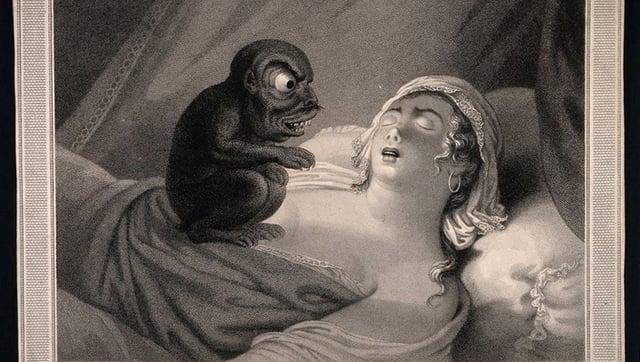Overview
- Researchers at the European Academy of Neurology Congress on June 23 presented analysis of 183,012 adults and 2,429 children tracked for up to 19 years
- Adults experiencing weekly nightmares were over three times as likely to die before age 70 compared to those with rare or no nightmares
- Nightmare frequency outperformed smoking, obesity, poor diet and lack of exercise as a predictor of premature death
- Accelerated aging measured via telomere shortening and epigenetic clocks accounted for about 40% of the heightened mortality risk
- Simple steps such as improving sleep hygiene, managing stress and avoiding frightening media may reduce nightmare frequency and help slow biological aging



